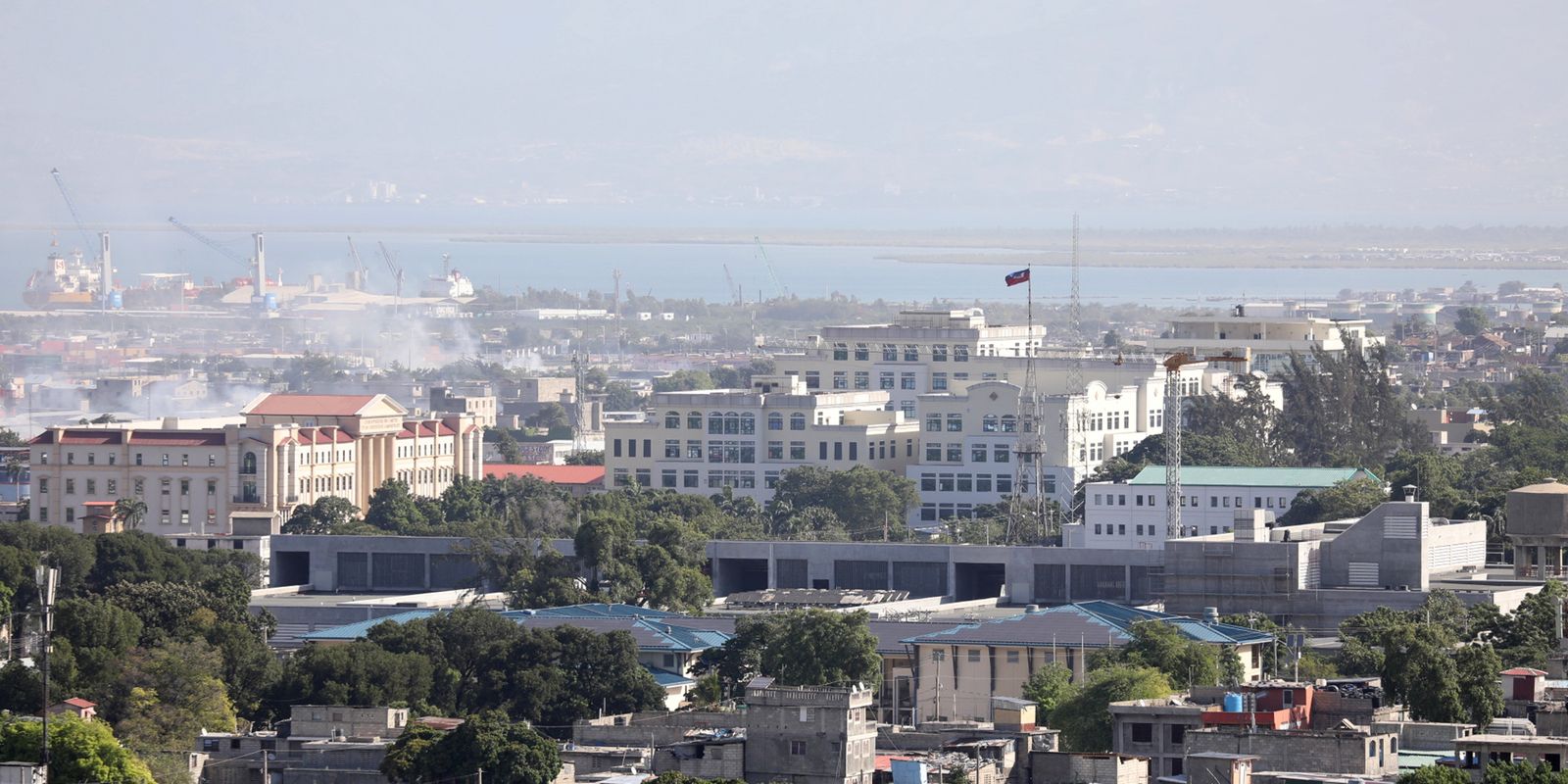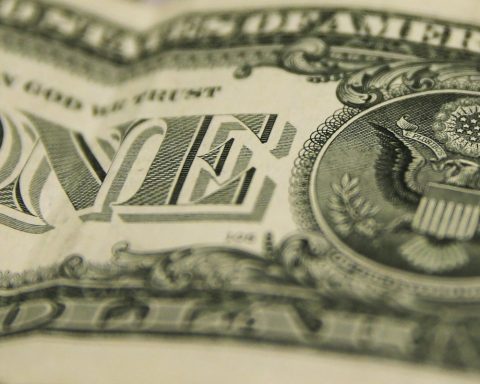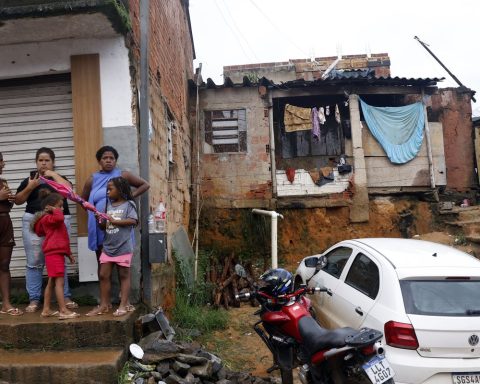Social and popular organizations in Latin America and the Caribbean handed over to the government of France on Thursday (17), an open letter demanding that the European country compensates for Haiti for the debt of 150 million francs charged from the Caribbean island for recognizing its independence for exactly 200 years. 
“It is time for France to recognize, restore and repair this debt with the people of Haiti”, demand the organizations that sign the letter, such as the Julibeo Sur/Americaswhich brings together collectives, popular movements and organizations from Latin America and Caribbean.
The French government today recognized injustice against Haiti, announced the creation of a commission to analyze debt history, but did not mention any financial compensation.
Currently, the Caribbean country is experiencing serious humanitarian crisis, with more than half of the population facing acute hunger, as well as security problems, with more than 80% of the capital, Porto-Priti, controlled by armed gangs.
Amnesty International stressed that Haiti organizations and their diaspora abroad require France to compensate for its colonial past, as the effects of independence debt persist to this day.
“Colonialism, slavery and slave trafficking are not things from the past; its effects have had a lasting impact on Haiti. France has a legal obligation, under international law, to provide reparations and deal with the lasting consequences of double debt, slavery, slave trafficking and colonialism,” said Erika Guevara Rosas, director of the director of Amnesty international.
According to Amnesty International, Haiti spent 80% of its national budget on the payment of foreign debt in 1900. Throughout history, Haitian governments and the community of Caribbean countries (Caricom) have required compensation from France for independence debt.
200 years
On April 17, 1825, Haiti signed an agreement with France, under the cannons of the French fleet, for Paris to recognize its independence after 21 years of economic and commercial blockade of the greatest powers of the time. Experts consider that the heavy debt imposed on the nascent republic has contributed decisively to make the country the one that is considered today the poorest in the Americas.
“The current crisis in Haiti, a true silent genocide, is one of the results of this debt. Among the main causes of gangsterism in Haiti are chronic poverty and accumulated and reproduced social inequalities over two centuries of neocolonial suffocation,” says the document of Latin American and Caribbean organizations for the government of France.
Signatories of the open letter argue that instead of investing in infrastructure, public services and industrial development, “the wealth of the Haitian people was used to benefit France, helping to make it one of the largest economies in the world.”
France
President Emmanuel Macron’s government acknowledged on Thursday that Haiti’s independence debt required by France’s King Carlos X imposed a “heavy burden” on the Caribbean country.
“Recognizing the truth of the story is to refuse the forgetfulness and deletion. It is also up to France to assume its real portion in the construction of memory,” said Macron, in a statement.
The French government announced the creation of a Franco-Haitian joint commission to examine the past. “This commission will propose recommendations to both governments to learn lessons and build a more peaceful future,” he said.
President Macron did not indicate, however, any financial reparation, as required by the political and social organizations of the country, Latin America and the Caribbean.
Independence
Considered the most profitable colony in the world in the 18th century, Haiti gained independence in 1804, becoming the first free black nation in the world and the first independent country in Latin America and the Caribbean. It was still the first country to abolish slavery on the planet.
Liberation from France was conquered after a bloody war promoted by former slaves, under the leadership of Toussaint Louverture, who defeated the armies of England, Spain and France, which at the time was ruled by Napoleon Bonaparte.
After expelling Napoleon’s troops, Haiti was completely devastated and still had to live 21 years under economic blockade. Only in 1825 was it recognized by the Western powers as a sovereign nation by paying a debt to former enslavees and owners of French lands. The debt took 122 years to be paid.
“This debt has consumed most of Haiti’s fiscal and commercial resources, forcing him to take loans from French, American and German banks to fulfill such an unfair agreement,” says the document signed by Latin American and Caribbean popular movements.















